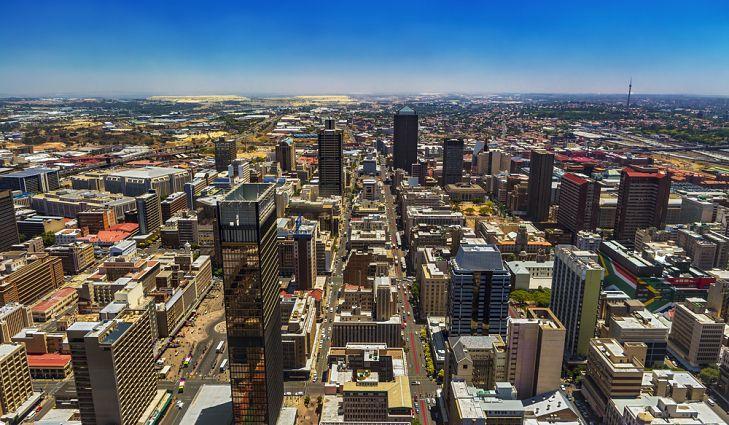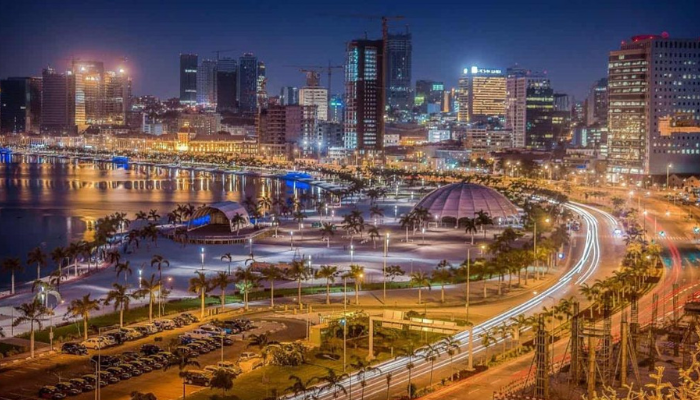In African cities, strong purchasing power allows residents to afford more with their average net pay, enhancing their quality of life and driving economic growth.
Purchasing power is measured against global benchmarks, with a score of 40 indicating that residents can buy 60% less than those in New York City. A higher score reflects greater financial stability and economic well-being.
When cities have high purchasing power, residents can afford essential goods and services—housing, healthcare, education, and transportation—without financial strain. This leads to a better standard of living, reduces poverty, and improves overall societal welfare.
As disposable income increases, local businesses thrive due to higher demand for goods and services. This fosters entrepreneurship, drives economic expansion, and creates a robust commercial environment that benefits both small and large enterprises.
Higher purchasing power also enables households to save and invest, promoting financial security and wealth accumulation. Families can invest in education, access better healthcare, and plan for the future without excessive reliance on debt.

Governments benefit from increased tax revenue—via value-added tax (VAT), income tax, and corporate tax—when citizens earn and spend more. These additional funds can be reinvested in infrastructure, social services, and public welfare programs, further strengthening the economy.
Additionally, cities with strong buying power serve as commercial and industrial hubs, stimulating intra-African trade. With financially stable consumers, local industries can flourish, reducing dependency on imports and fostering regional economic integration.
With this in mind, here are the top five African cities with the highest purchasing power in 2025, based on Numbeo’s index, which compares purchasing power using average net salaries.
“A domestic purchasing power of 40 means that residents with an average salary can afford, on average, 60% less goods and services compared to residents of New York City with an average salary.”
The top 5 African cities with the highest purchasing power in 2025 are;



